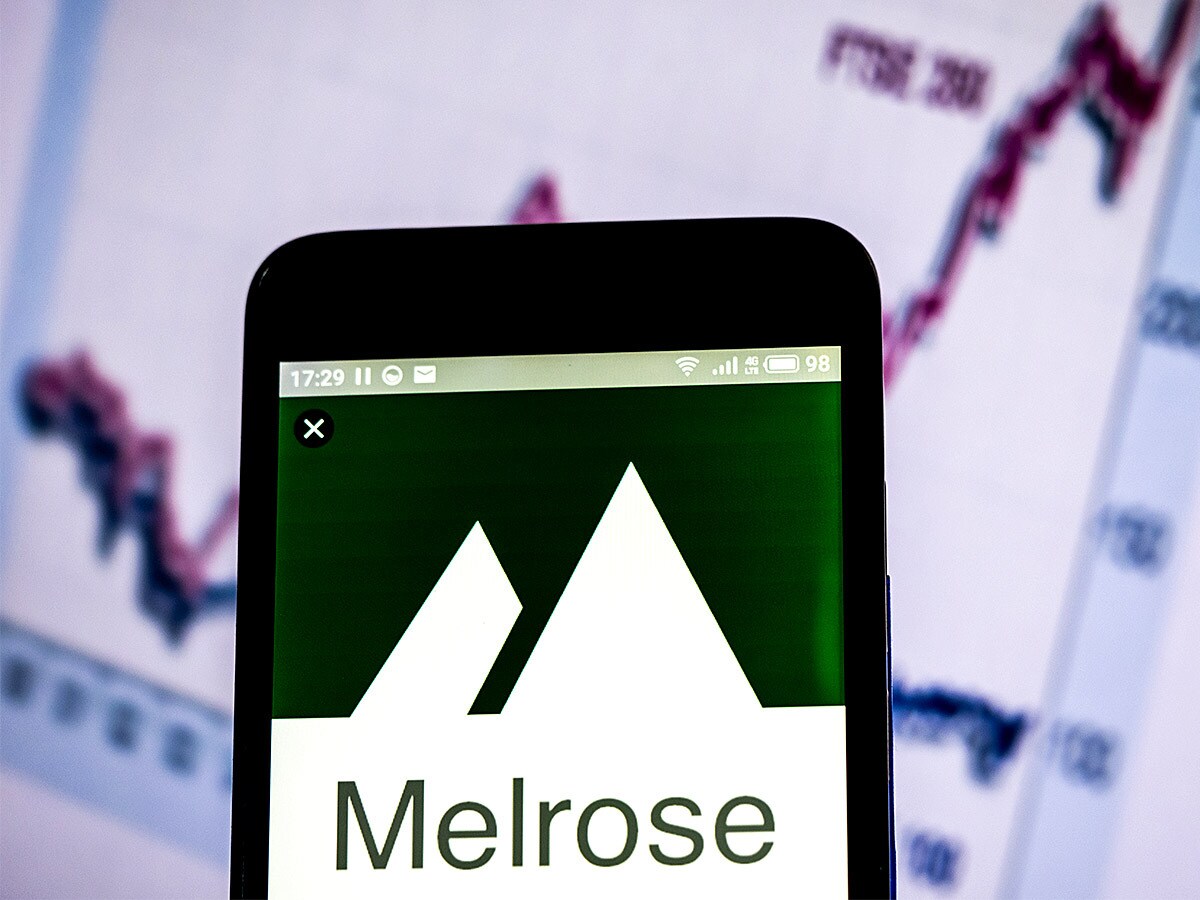Last month, Melrose announced an upcoming demerger with its interim results. While the outlook is gloomy, shareholders will be hoping that the shift can inspire a boost for the company’s share price and dividends.
The Melrose Industries [MRO.L] share price fell 35.4% in 2022 to close 3 October at 101.10p, with its lowest close of the year, 99.06p, posted the previous Thursday. The decline sees Melrose stock trading at its lowest levels since July 2020.
A specialist in the acquisition and turnaround of underperforming engineering companies, Melrose has not managed to sustain a recovery since the Covid-19 pandemic. Between 17 February and 16 March 2020, the stock fell by 46%. The stock hasn’t closed above 200p ever since.
So far in 2022, economic conditions have gone from bad to worse for Melrose. The stock plummet 31.9% between 15 February and 8 March, following Russia’s invasion of Ukraine.
The London-based manufacturing company looked like it was about to stage a strong recovery in early June when it announced a £500m share buyback plan — but the effect only lasted until August, when the stock began a period of rapid decline, with a fall of 22.5% in the last month alone.
GKN breakup
Plans for Melrose to spin off GKN’s automotive division have taken shape over the past month.
As well as selling GKN’s powder metallurgy business, Melrose will also split the automotive arm from the aerospace firm that it won control of in 2018 with a demerger of shares. Melrose shareholders will receive a stake in the holding company.
This holding company will aim to list on the London Stock Exchange and will pursue a “dual strategy of profitable organic growth as well as targeted M&A in the automotive sector”. The new holding company called DeMergerCo will be headed up by Simon Peckham and Geoffrey Martin, CEO and group finance director of Melrose, respectively. The CEO and finance directors of GKN Automotive, Liam Butterworth and Roberto Fioroni, will hold equivalent positions in the new company.
The breakup was confirmed in Melrose’s half-year results announcement on 8 September. Overall the results were disappointing; Investing.com analysts had anticipated earnings per share of 228p, but the statutory results showed a loss of 6.3p per share — a widening of 85.3% year-over-year. The Melrose share price fell 9.34% on the day in response to the results.
Dividends
The first-half trading results also announced an interim dividend of 0.825p per share, a 17.5% cut on the previous dividend of 1.0p per share announced in the full year results for 2021, but a 10% lift year-on-year. A subsequent update confirmed that the date of the dividend payment would be 20 October.
Over the trailing 12 months, this gives Melrose a dividend yield of 1.81%. Compared to FTSE 100 competitors in the Industrials sector, this is somewhat on the low side. The equivalent figures for rivals RS Group [RS1.L] stand at 1.85%, Smiths Group [SMIN.L] at 2.61%, Smurfit Kappa [SKG.L] at 4.28% and DS Smith [SMDS.L] at 5.75%.
However, the Melrose dividend compares favourably to automobile and aerospace competitor Rolls-Royce [RR.L] which is barred from paying dividends until at least 2023 due to its loan terms, and wouldn’t be able to pay one anyway due to its negative equity position.
Analyst sentiment
Professor Chris Carr of University of Edinburgh Business School questioned the wisdom of the GKN takeover in a letter to the Financial Times. The original acquisition of GKN in 2018 cost Melrose £8bn, while Melrose’s current value, including its own operations as well as “all GKN’s assets including the auto, aero and powder metallurgy divisions… has a market cap of £5.15bn”. In his letter, Carr wonders whether Melrose can prove itself to shareholders, or whether the latter should anticipate a sell-off next year, when its undertaking agreement with the UK government expires.
Short interest in Melrose Industries has risen in recent weeks, totalling 1,359,300 shares as of 15 September, an increase of 12.2% from 31 August. Barclays lowered its price target from 205p to 180p on 13 September, whilst maintaining an ‘overweight’ rating for the stock.
Despite these negative indicators, most analysts remain relatively positive about Melrose. Of 11 analysts polled by the Financial Times, four analysts recommended to ‘hold’, four rated the stock an ‘outperform’ and three as a ‘buy’.
Disclaimer Past performance is not a reliable indicator of future results.
CMC Markets is an execution-only service provider. The material (whether or not it states any opinions) is for general information purposes only, and does not take into account your personal circumstances or objectives. Nothing in this material is (or should be considered to be) financial, investment or other advice on which reliance should be placed. No opinion given in the material constitutes a recommendation by CMC Markets or the author that any particular investment, security, transaction or investment strategy is suitable for any specific person.
The material has not been prepared in accordance with legal requirements designed to promote the independence of investment research. Although we are not specifically prevented from dealing before providing this material, we do not seek to take advantage of the material prior to its dissemination.
CMC Markets does not endorse or offer opinion on the trading strategies used by the author. Their trading strategies do not guarantee any return and CMC Markets shall not be held responsible for any loss that you may incur, either directly or indirectly, arising from any investment based on any information contained herein.
*Tax treatment depends on individual circumstances and can change or may differ in a jurisdiction other than the UK.
Continue reading for FREE
- Includes free newsletter updates, unsubscribe anytime. Privacy policy





